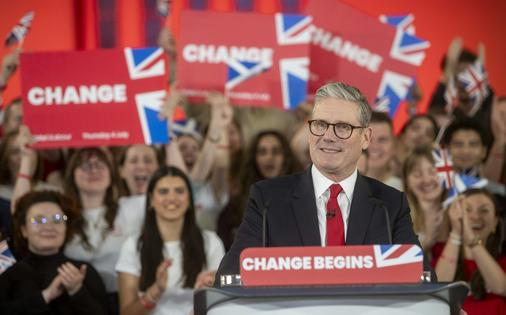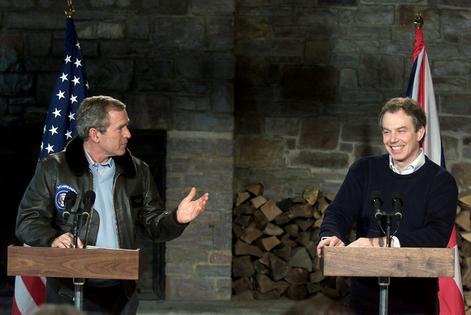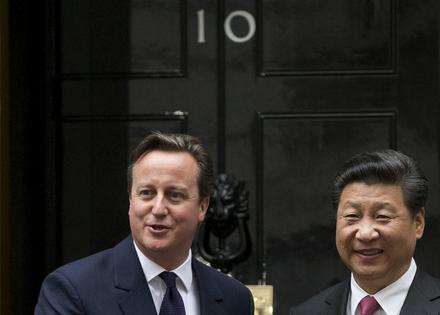Britain’s new prime minister has a chance to reset ties with the White House – but a range of thorny issues and the US election make it more tricky
Published in News & Features
The new U.K. prime minister, Sir Keir Starmer, will have just a couple of days to settle into the job before facing his first test on the global stage.
Having presided over a landslide victory for his party on July 4, 2024, Starmer will head to Washington, D.C., for a crucial NATO summit starting July 9. Days later he will host over 50 European leaders for the European Political Community meeting.
Amid many global challenges, Starmer has an opportunity to show that the U.K. is back on the world stage. In particular, with many Western leaders facing serious headwinds at home – think Emmanuel Macron in France or Olaf Scholz in Germany – Starmer has a chance to re-establish the U.K. as the key partner for the U.S. in Europe.
Partnership with the U.S. is a priority for the new U.K. government. The so-called “special relationship” has been strained in recent years, notably by Brexit – the British decision to exit the European Union – which reduced U.K. influence in Europe and put the peace agreement in Northern Ireland at risk. That latter point was particularly grating for President Joe Biden, who is of Irish descent.
But translating a U.K. desire for more engagement into influence on U.S. policy will be a real challenge for Starmer. To be successful, he’ll need to navigate a number of thorny issues, including U.S. electoral politics, wars in Ukraine and Gaza, the perceived threat of China and a reset with the EU. In all of these cases, addressing existing differences between London and Washington will not be straightforward.
An unavoidable fact for Starmer as he embarks on building a relationship with Washington is that he doesn’t know who he will be dealing with for the bulk of his term.
For the first time since 1992, the U.K. general election took place a mere few months before a presidential election across the Atlantic.
This could stall any significant investment in the transatlantic relationship until American voters have spoken in November.
On the surface, Starmer’s left-leaning Labour Party might welcome a Democratic win in November. Besides not having to deal with a presidential transition, the two parties are more aligned philosophically; and Starmer has expressed his admiration for the presumed Democratic candidate President Joe Biden.
Similarly, David Lammy, the U.K. government’s likely foreign secretary, has openly disparaged Republican Donald Trump in the past, referring to him as a “woman-hating, neo-Nazi-sympathizing sociopath” and a “profound threat to the international order.”
...continued













Comments